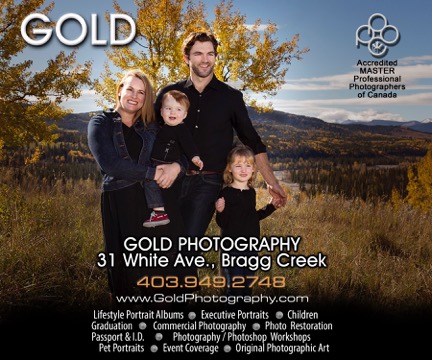FEELING DIZZY OR UNSTEADY?
BY SARAH FEDUN
Spring is here and like many of you, I am excited about getting back into some warmer weather activities! For some people though, dizziness is a deterrent for them in enjoying their favourite hobbies.
The term dizziness can be used to describe a variety of sensations — light headedness, swaying or disorientation are some examples. Vertigo is a specific type of dizziness and it can be defined as ‘the illusion of movement occurring in the environment’. Some will describe it as the feeling that they are spinning in space or that their environment is spinning around them.
According to Bernard Tonks vestibular lecturer/ physiotherapist, 80% of people over 65 have experienced dizziness and with an aging population, dizziness will become a larger issue globally. Dizziness is also a problem as it increases the risk of a person falling and it has been reported to effect a person in their regular activities of daily living. Dizziness can be caused by a number of different reasons such as the cardiovascular system, neurological or vision dysfunctions, cervicogenic (neck related) or psychogenic (due to psychological factors) dizziness or it can be produced by vestibular system disorders. Vestibular disorders effect older people much more often than those who are younger; however, children with a vestibular impairment can also have compromised gaze stability that can lead to problems with reading.
So what is the vestibular system? It is the sensory system that is responsible for providing our brain with information about head position relative to gravity and head movements – both linear and rotational. It consists of 5 organs – 3 semicircular canals and 2 otoliths – the saccule and the utricle. This system is protected by fluid within a bony labyrinth in the temporal bone of our skull and it is connected to the cochlea, part of our hearing system, thus, it is part of our inner ear. We have one on each side of our head.
Vestibular system disorders can be caused by a variety of issues: head trauma such as a whiplash or concussion, vestibular system degeneration as people age, inflammation of the vestibular nerve or labyrinth, hydrops (fluid build up in the inner ear) such as Meniere’s disease and most commonly, Benign Paroxysmal Positional Vertigo (BPPV). BPPV is the cause of nearly 50% of peripheral vestibular system disorders.
So what is BPPV? In the otoliths, there are tiny calcium carbonate crystals called otoconia. They are supposed to stay here in the otoliths but if they get dislodged they can migrate into the semicircular canals where they do not belong. The movement of the crystals in a semicircular canal triggers the nerve to send off improper information to the brain which creates the sensation of vertigo, causes abnormal involuntary eye movements (nystagmus) and may lead to nausea as well. The crystals do not cause a problem in the semicircular canal until the person changes position of their head which is typical when looking up or down, laying down flat quickly, bending forward or rolling over in bed. The vertigo created typically only happens for a short time (< 60sec) while the crystals are moving.
Fortunately, treatment can be quite straight forward for a BPPV client. The assessment starts with 1-2 tests called the Dix Hallpike test and the roll test. These are done to determine which of the three semicircular canals – anterior, posterior or horizontal is involved and on what side of the head the affected canal is on. This is done by watching for the direction of the nystagmus in the clients eyes while completing the tests. After determining which canal is involved then a particle repositioning technique for that specific canal can be used to move the crystals back to their correct position in the utricle where they belong which quickly alleviates the vertigo.
So if dizziness is effecting your daily life or keeping you from thoroughly enjoying your spring activities, do not hesitate to reach out to us to ask questions and to book an assessment/treatment so we can help you alleviate your symptoms and get you back to living your full life!
Sarah Fedun (BSc., MPT, MClSc.PT, FCAMPT, cGIMS)
Bragg Creek Physiotherapy
www.braggcreekphysio.com

























